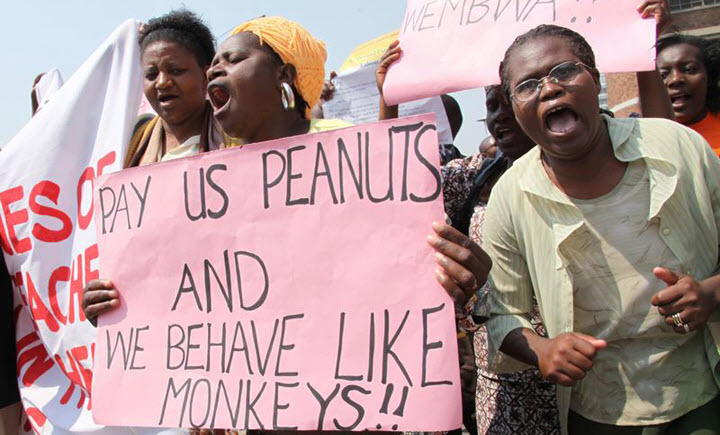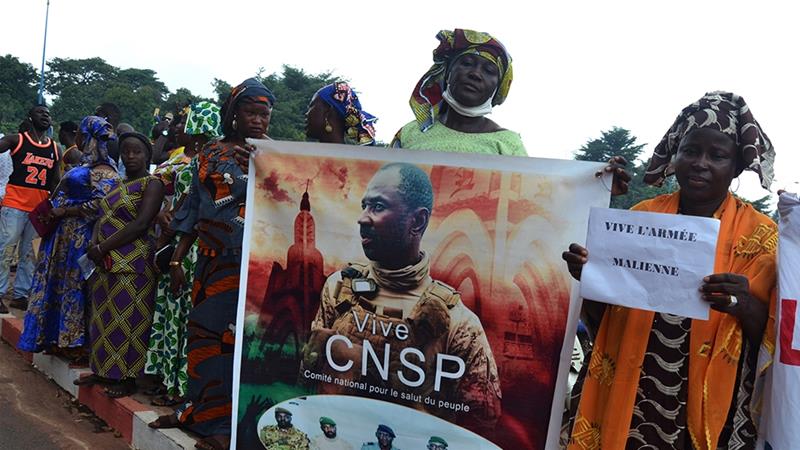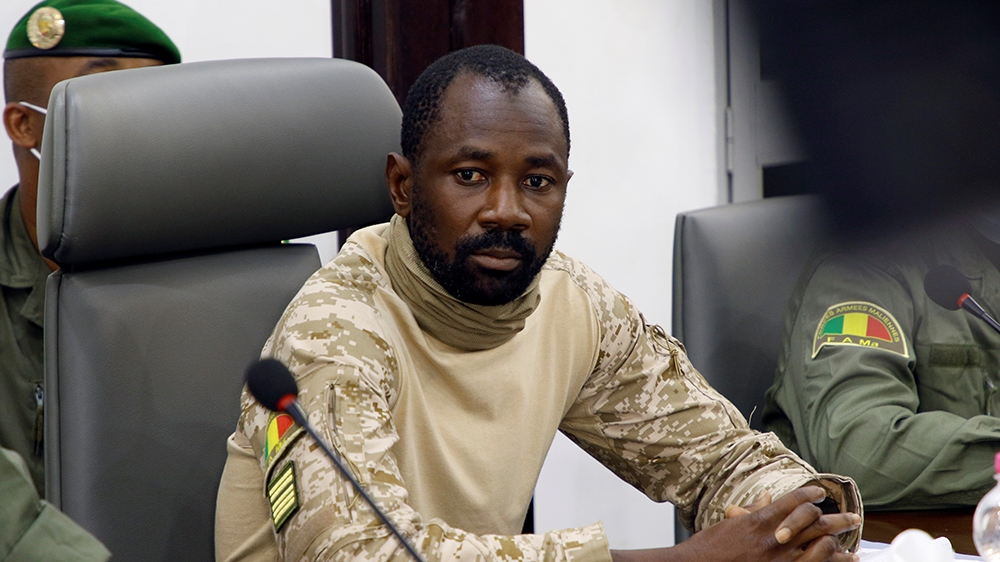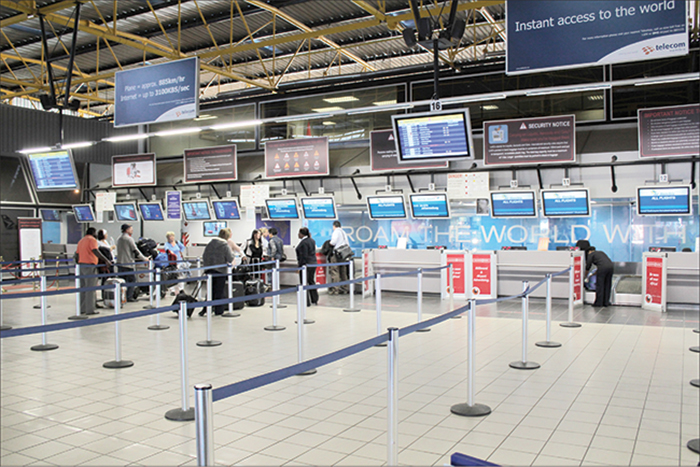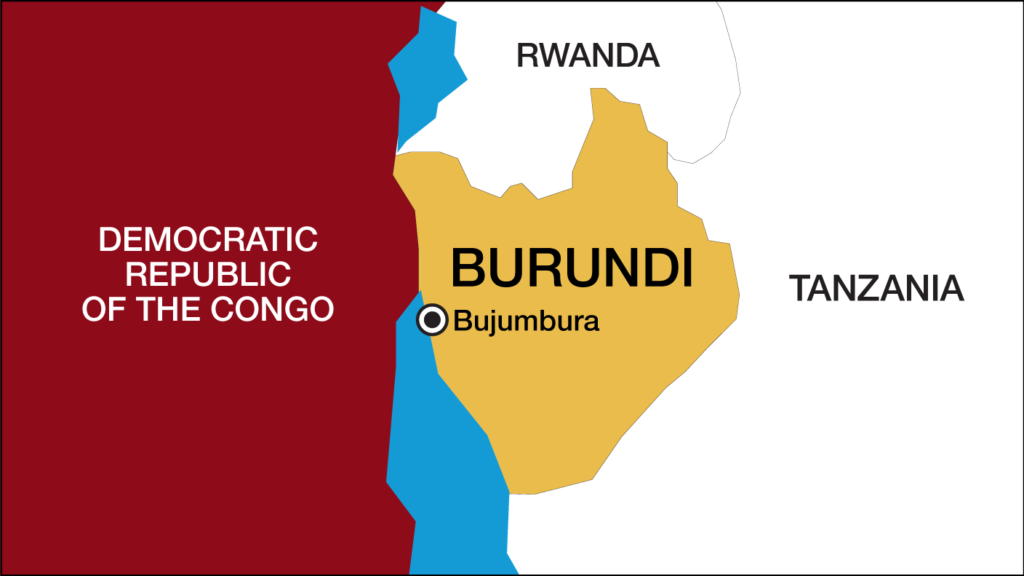Zimbabwe’s biggest teachers’ union said on Monday its members would not return to work for the first time since March next week unless they are paid a COVID-19 allowance and given a pay rise.
The government shut schools in March in a bid to prevent the spread of the coronavirus, which has infected 7,683 people and led to 225 deaths.
Most schools are due to re-open next week, although only for students sitting their final exams.
The Zimbabwe Teachers Association (ZIMTA), in a circular to its 42,000 members, called for monthly payments to be a minimum $520 (42,488 Zimbabwe dollars), compared to the 4,000 Zimbabwe dollars that the lowest-paid teacher earns.
Pay has been eroded over the past two years from a minimum of $480 as Zimbabwe has switched from using the U.S. dollar as its main currency to using the local currency, as its financial crisis has deepened.
“The ZIMTA national executive hereby declares that all educators will not be able to report for duty on the 28th of September 2020 for the opening of schools,” ZIMTA said, adding it wanted to negotiate COVID-19 allowances to reflect the risk of heading back to the classroom before members returned to work.
Government spokesman Nick Mangwana did not immediately comment.
Only pupils from the most wealthy families — those sending their children to private schools or with access to the internet — would have received any online lessons over the past months.
Public sector workers in Zimbabwe have frequently gone on strike since 2018 as the local currency has tumbled, fuelling inflation and eroding incomes.
Before the outbreak of COVID-19, Zimbabwe’s economy was already battling runaway inflation while millions face hunger due to poor harvests.
Two weeks ago, nurses ended a three-month job boycott to give negotiations a chance.
Source: Reuters
Mali's former defence minister, Bah Ndaw, has been named as president of the country's new transition government.
Colonel Assimi Goita, the leader of the National Committee for the Salvation of the People (CNSP) which overthrew Mali's President Ibrahim Boubacar Keita, was appointed vice president, state television announced on Monday.
The transitional government is to be inaugurated on September 25.
According to a plan backed by the military leaders, the new president is meant to lead the country for several months before staging elections and returning Mali to civilian rule.
Mali's military rulers have come under intense pressure from leaders of the Economic Community of West African States (ECOWAS) to return power to civilians following the August 18 coup that overthrew Keita.
It was unclear whether the arrangement would satisfy ECOWAS, which last week threatened to step up economic sanctions and impose a total embargo on landlocked Mali if its conditions were not met.
Ndaw and Goita were appointed by a group of 17 electors chosen by the military leaders to oversee an 18-month transition that will culminate in fresh elections.
Regional leaders had demanded the interim president be a civilian while signalling they would accept a soldier as vice president so long as he is ineligible to replace the president.
Goita did not say whether the vice president would remain next-in-line to the presidency as stipulated in a transitional charter approved in multi-party talks earlier this month.
Ndaw was once an aide-de-camp to Mali's ex-dictator Moussa Traore, who died last week aged 83.
A veteran soldier, N'Daou received training in the former Soviet Union as well as at Paris's renowned Ecole de Guerre.
Kaou N'Djim, a spokesman for influential Muslim leader Mahmoud Dicko, who led mass protests against Keita before the coup, praised Bah Ndaw's nomination.
"Ba is an upright official. He has never been implicated in matters of financial corruption," N'Djim told the Reuters news agency.
Source: Al Jazeera
AS the six-month long Covid-19 state of emergency lapses, Namibia's borders are once again open but travel might still be limited as some other countries remain locked down.
This was said by minister of international relations and cooperation Netumbo Nandi-Ndaitwah at the 18th Covid-19 public briefing on Namibia's national response measures.
“On the issue of the borders, our airspace is opened to tourists, business – basically it's now open.
“As for the land borders, we know for the past six months they were only open for essential trade in accordance with Southern African Development Community (Sadc) guidelines of movement of goods during the [pandemic]. But when it comes to opening all activities, that has to be done bilaterally because it does not help to say you open your border and the other border is closed,” Nandi-Ndaitwah said.
While South Africa intends to open some of its borders as of Monday, Namibia's neighbours to the north and west remain closed.
Angola's borders remain closed, only allowing nationals and foreign residents to enter, foreign citizens to exit and official trips. Botswana's borders also remain closed only allowing entry to nationals; and there are currently no commercial flights into or out of that country.
Meanwhile, Zimbabwe's borders also remain closed with plans to resume international flights in October, while Zambia has reopened its borders with both domestic and international flights to resume.
Nandi-Ndaitwah said there is direct contact between ministries of home affairs who are responsible for immigration as South Africa prepares to open some of its borders on Monday.
Furthermore, the minister said Namibia's missions abroad have already started issuing visas as of 1 September when the country opened its airspace and landing at Hosea Kutako International Airport as part of it tourism revival initiative aimed at resuscitating the ailing sector.
“Immediately an announcement was made that come 1 September we will open for tourists. We already directed our missions abroad to start issuing visas,” she said.
Responding to a query about improving the speed of obtaining a visa, Nandi-Ndaitwah said all efforts are being made to hasten the process.
“The visas particularly where we have our missions, I cannot really say they are slow, but maybe they are. However, all efforts are being made to speed up these visas.
“We are also in discussions, and I think we have finalised with the Ministry of Home Affairs and Immigration, that we are introducing electronic visa applications,” she said.
The minister detailed that the relevant ministries are working on improving the visa application process especially for business people.
“For the business people, we are looking at giving them long term visas, particularly when you realise the person is a really serious business person and you don't want that person to be in a queue all the time looking for a visa. All those are strategies to attract business,” she said.
Source: The Namibian
Human rights violations are still being committed in Burundi, including sexual violence and murder, a report by a UN watchdog said.
Hopes had been pinned on new President Evariste Ndayishimiye, who was elected in May. He took over from his predecessor Pierre Nkurunziza, who was in office for 15 years.
During his tenure, at least t 1,200 people were killed and more than 400,000 displaced during unrest between April 2015 and May 2017, according to the UN.
It was hoped the new leader could change the face of the central African country.
But the Commission of Inquiry on Burundi described evidence of killings and disappearance in recent weeks.
It also said during the election there was evidence of summary executions, torture and sexual violence.
“In recent weeks there have continued to be killings, there have continued to be arbitrary detentions and there have continued to be disappearances,” said Commission of Inquiry member Francoise Hampson.
"It’s slightly surprising that it is continuing as it was even though elections have finished. And that is a matter of very grave concern.”
The investigators also looked at serious violations committed on youngsters under 18, who they said was "specifically targeted.”
“They are forcibly recruited into the ruling party’s youth league, the Imbonerakure, other times they were harmed when other family members are the real targets,” the commissioners said.
“We very much fear the consequences of the 2015 crisis for Burundi’s future, not least because of the long-term impact it will have on the children”, said Commissioner Lucy Asuagbor.
Over the past four years, the commission has been the only independent mechanism to report on human rights violations in Burundi
The panel is concerned that this oversight will disappear when it ends its mandate this year.
The report will be presented to the Human Rights Council on 23 September.
Source: AfricaNews

